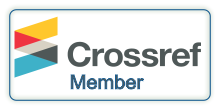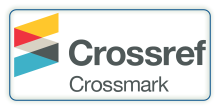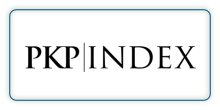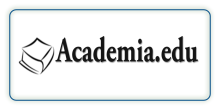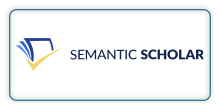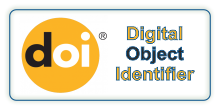EXPLORATORY STUDY ON RELATIONSHIP BETWEEN WORK LIFE BALANCE AND CAREER SUCCESS OF KPO WOMEN EMPLOYEES IN CHENNAI
DOI:
https://doi.org/10.29121/ShodhPrabandhan.v2.i2.2025.32Keywords:
Career Success, Work Life Balance, Women Employees, Working Environment, KPO SectorAbstract
This study examines the relationship between the work life balance and career success of women employees working in the KPO sector. Women universally and locally, have succeeded in all professions. So Female employees on work environment and occupations will assume an exceptionally dynamic part in changing the innovation business and economy overall. This is an exploratory study on the relationship between the successful career and work life balance of female employees. Nature of work life and large connected with the series goals hierarchical circumstances and practices that empowers employees of an organisation to see that they are essentially protected, satisfied and chances of development as an individual person. Women employees work life balance and career growth can be identified with this study . The main purpose of this study to encourage the women employees towards technological work and also to improve morale and motivation level of women employees.
References
Bharathi, V., & Bhattacharya, S. (2015). Work Life Balance of Women Employees in the Information Technology Industry. Asian Journal of Management Research, 5(3), 323–343.
Budhwar, P. (2005). Women in Management in the New Economic Environment: The Case of India. Asia Pacific Business Review, 11(2), 179–193. https://doi.org/10.1080/1360238042000291199 DOI: https://doi.org/10.1080/1360238042000291199
Glass, C., & Cook, A. (2016). Leading at the Top: Understanding Women's Challenges Above the Glass Ceiling. The Leadership Quarterly, 27(1), 51–63. https://doi.org/10.1016/j.leaqua.2015.09.003 DOI: https://doi.org/10.1016/j.leaqua.2015.09.003
Ismail, M., & Ibrahim, M. (2008). Barriers to Career Progression Faced by Women: Evidence from a Malaysian Multinational Oil Company. Gender in Management: An International Journal, 23(1), 51–66. https://doi.org/10.1108/17542410810849123 DOI: https://doi.org/10.1108/17542410810849123
Makarem, Y., & Wang, J. (2020). Career Experiences of Women in sCience, Technology, Engineering, and Mathematics Fields: A Systematic Literature Review. Human Resource Development Quarterly, 31(1), 91–111. https://doi.org/10.1002/hrdq.21380 DOI: https://doi.org/10.1002/hrdq.21380
Mittal, S., & Singh, T. (2020). Gender-Based Violence During COVID-19 Pandemic: A Mini-Review. Frontiers in Global Women’s Health, 1, 1–7. https://doi.org/10.3389/fgwh.2020.00004 DOI: https://doi.org/10.3389/fgwh.2020.00004
Kapur, R. (2019). Challenges Experienced by Women Employees in Career Development in India. International Journal of Research in Humanities, Arts and Literature, 1(4), 1–7.
Rath, B. N. (2019). An Alternative Career Progression Model for Indian Women Bank Managers: A Labyrinth Approach. Women’s Studies International Forum, 73, 24–34. https://doi.org/10.1016/j.wsif.2019.01.005 DOI: https://doi.org/10.1016/j.wsif.2019.01.005
Seema, A., & Sujatha, S. (2015). Impact of Mentoring on Career Success: An Empirical Study in an Indian Context. International Journal of Engineering Technology Science and Research, 2(2), 29–48.
Tamang, G. B. (2020). Gender Differences on Objective and Subjective Career Outcomes: Evidence from Nepalese Civil Service. IOSR Journal of Business and Management, 22(1), 56–66.








